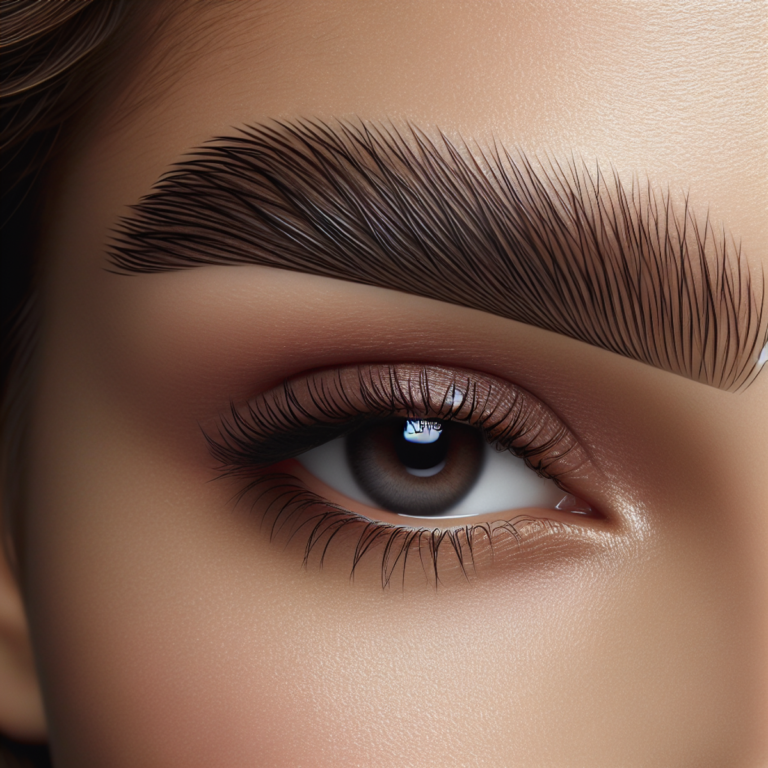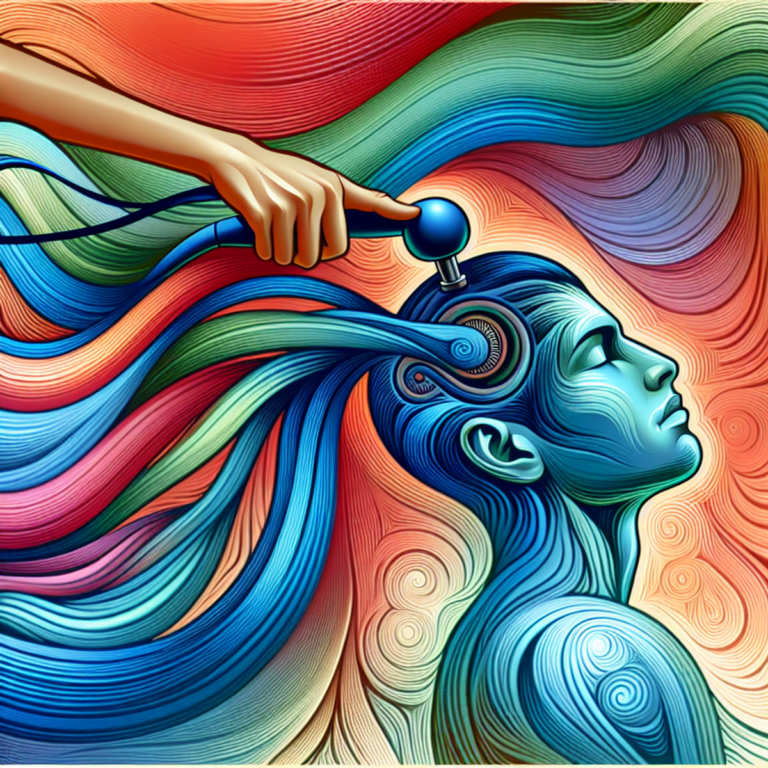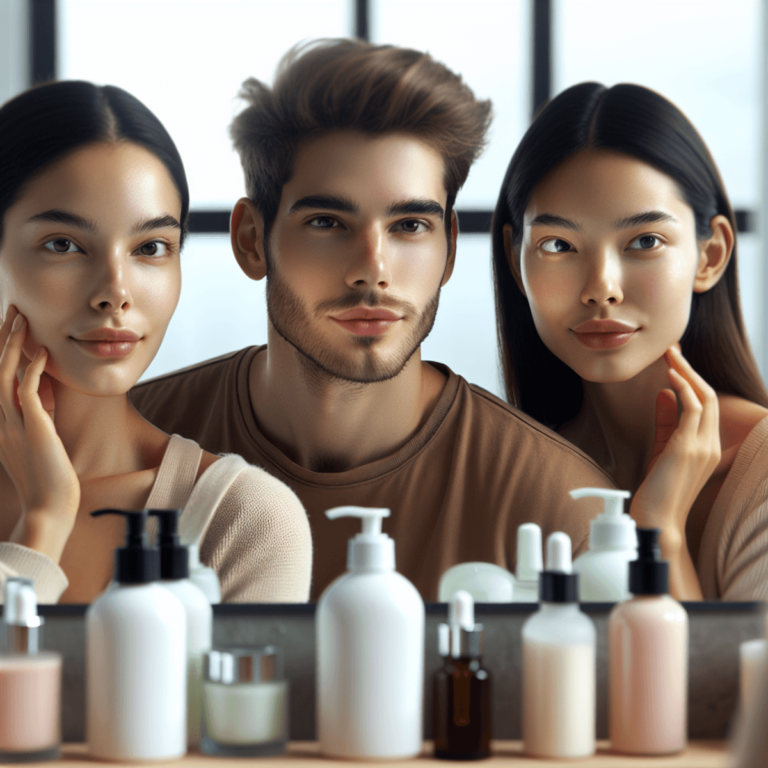Common Causes of Hair Loss, According to a Trichologist

Introduction
Hair loss is a common concern that can have a significant impact on individuals, affecting their self-esteem and overall well-being. Whether it’s thinning hair or bald patches, dealing with hair loss can be emotionally distressing.
In this article, we will explore the common causes of hair loss as explained by a trichologist, shedding light on hereditary factors, medical conditions, lifestyle choices, and more. Understanding the underlying causes of hair loss is crucial for accurate diagnosis and effective treatment. By identifying the root cause, trichologists can develop personalized treatment plans tailored to each individual’s needs.
So, let’s delve into the various factors that can contribute to hair loss and gain insights into how they can be addressed.
1. Hereditary Hair Loss (Male and Female Pattern Baldness)
Hereditary hair loss, also known as male pattern baldness and female pattern baldness, is the most common cause of hair loss. It is influenced by genetics and can be passed down from either the mother’s or father’s side of the family.
- Male Pattern Baldness: The hairline gradually recedes and thinning occurs on the crown of the head. This usually starts in the late teens or early twenties and gets worse over time.
- Female Pattern Baldness: Thinning happens all over the scalp, but the hairline remains unaffected.
Trichologists play a crucial role in identifying and assessing hereditary hair loss. They conduct comprehensive evaluations that include:
- Analyzing family history to determine if there is a genetic predisposition for hair loss.
- Performing scalp examinations to assess the health of hair follicles and determine the stage of hair loss.
Understanding hereditary factors is essential for accurate diagnosis and effective treatment of male and female pattern baldness. While it may not be possible to completely prevent hereditary hair loss, there are treatments available to slow down its progression and promote regrowth. These treatments may include:
- Medications such as minoxidil or finasteride
- Procedures like hair transplants or scalp micropigmentation
It’s important to consult with a trichologist or healthcare professional if you suspect hereditary hair loss. They can provide personalized recommendations based on your specific situation and help you understand the available treatment options.
By addressing hereditary factors early on, individuals experiencing male or female pattern baldness can take proactive steps towards maintaining a healthy head of hair and preserving their self-confidence.
2. Aging, Hormones, and Hair Growth Changes
As we get older, the hair growth cycle naturally slows down, which leads to changes in hair density and thickness. The aging process can affect the hair follicles and result in finer, more fragile strands. In addition to conditions like PCOS, hormonal imbalances can also be a significant factor in causing hair loss problems.
How Aging Affects Hair
- The aging process affects the hair growth cycle, leading to thinning or reduced hair density.
- Hair may become more prone to breakage and damage as it ages.
- Changes in hormone levels during menopause or andropause can contribute to hair thinning and loss.
Other Hormonal Imbalances
- Besides PCOS, other hormonal imbalances such as thyroid disorders can also affect hair health.
- Imbalances in thyroid hormones can result in excessive shedding or a change in the texture of the hair.
Tips for Maintaining Healthy Hair During Aging
- Make sure to have a balanced diet that includes enough protein, iron, and vitamins A and C.
- Use gentle hair care products that provide nourishment and protection for aging hair.
- Regular scalp massages can help stimulate blood flow to the hair follicles.
Understanding how the aging process and hormonal imbalances affect hair growth is essential for maintaining healthy locks as we age. By taking proactive measures to care for our hair and addressing any underlying hormonal issues, we can promote optimal hair health even as we get older.
3. Medical Conditions and Hair Health
Hair loss can be caused by various medical conditions that affect the health of the scalp and hair follicles. Understanding these conditions is crucial for accurately diagnosing and effectively treating hair loss issues. Here are some common medical conditions that can impact hair health:
Alopecia Areata
Alopecia areata is an autoimmune condition that results in sudden hair loss in patches. It occurs when the immune system mistakenly attacks the hair follicles, causing them to become smaller and eventually stop producing hair. This condition can affect people of all ages and genders, and the exact cause is still unknown. However, it is believed to be a combination of genetic and environmental factors.
Scalp Infections
Scalp infections can also contribute to hair problems. Fungal infections, such as tinea capitis (ringworm), can cause hair loss in affected areas of the scalp. These infections are usually characterized by redness, itching, and scaling of the scalp. Other types of infections, like bacterial or viral infections, can also lead to hair loss if left untreated.
Psoriasis
Psoriasis is a chronic skin condition that causes red, scaly patches on the skin. When psoriasis affects the scalp, it can lead to inflammation and scaling, which can disrupt the normal hair growth cycle. As a result, individuals with scalp psoriasis may experience thinning or shedding of their hair. It’s important to note that psoriasis is not contagious but it can have a significant impact on a person’s quality of life.
Scarring Alopecia
Scarring alopecia is a condition where hair follicles are permanently damaged and replaced by scar tissue. This type of hair loss is irreversible and can result from various causes, including inflammatory skin conditions like lupus or lichen planus, traumatic injuries to the scalp, or certain medications. The scarring process prevents new hair from growing, leading to permanent hair loss in the affected areas.
It’s crucial to consult with a trichologist or dermatologist for an accurate diagnosis if you suspect any of these medical conditions may be causing your hair loss. They can perform comprehensive evaluations, including scalp examinations and, if necessary, scalp biopsies, to determine the underlying cause of your hair loss.
By identifying and addressing the underlying medical condition, it is possible to develop an appropriate treatment plan to manage or reverse hair loss. Treatment options may include topical medications, oral medications, injections, or other therapeutic interventions depending on the specific condition and its severity.
Remember that each individual’s experience with hair loss is unique, and what works for one person may not work for another. Therefore, it’s essential to consult with a trichologist or healthcare professional who can provide personalized advice and guidance based on your specific situation.
4. External Factors and Styling Habits
Hair care practices and styling habits play a significant role in the overall health and condition of your hair. Here are some key points to consider:
- Excessive Heat Styling and Chemical Use: Using heat styling tools like flat irons, curling wands, and blow dryers too often can damage your hair and make it break easily. Similarly, harsh chemical treatments like bleaching, perming, or coloring can make your hair weaker and more likely to break and become thin.
- Tight Hairstyles and Traction Alopecia: Wearing tight hairstyles such as braids, ponytails, cornrows, and buns can put constant pressure on your hairline, causing a condition called traction alopecia. This type of hair loss happens when your hair is pulled tightly for a long time, leading to damage to the hair follicles and gradual thinning of the hair in that area.
- Balancing Trendy Hairstyles with Hair Health: It’s normal to try out different hairstyles, but it’s essential to prioritize the health of your hair. Choosing looser styles and giving your hair a break from tight hairstyles can help prevent traction alopecia. Also, regularly using deep conditioning treatments and reducing how much you use heat styling tools can make your hair healthier and stronger.
By being aware of how you take care of your hair and the styles you choose, you can actively lower the chances of experiencing unnecessary hair loss caused by external factors.
5. Nutritional Deficiencies and Hair Nutrients
Poor nutrition can have a significant impact on the health of your hair, leading to hair loss and thinning. Nutrient deficiencies can disrupt the normal function of hair follicles and affect the growth cycle of your hair. Here are some common nutrient deficiencies that may contribute to hair loss:
- Biotin deficiency: Biotin, also known as vitamin B7, plays a crucial role in maintaining healthy hair. A deficiency in biotin can lead to brittle and weak hair, which is more prone to breakage. Good dietary sources of biotin include eggs, nuts, seeds, avocados, and sweet potatoes. Taking biotin supplements can also help address deficiencies.
- Iron deficiency: Iron is essential for the production of red blood cells, which carry oxygen to the hair follicles. When there is insufficient iron in the body, it can result in a condition called iron-deficiency anemia. This can disrupt the hair growth cycle and lead to excessive shedding. Foods rich in iron include lean meats, seafood, leafy green vegetables, beans, and fortified cereals. If necessary, your doctor may recommend iron supplements.
- Protein deficiency: Protein is the building block of hair strands, so inadequate protein intake can negatively impact hair growth. When your body doesn’t get enough protein, it prioritizes other vital functions over hair production. This can result in weakened and thinning hair. Good sources of protein include lean meats, poultry, fish, eggs, dairy products, legumes, and nuts.
- Zinc deficiency: Zinc is involved in DNA synthesis and cell division, making it essential for healthy hair growth. A deficiency in zinc can contribute to hair loss and scalp conditions like dandruff. Foods rich in zinc include oysters, beef, lamb, spinach, pumpkin seeds, and lentils. Zinc supplements can also be taken under medical supervision to address deficiencies.
Addressing these nutrient deficiencies can help improve the health of your hair. However, it’s important to note that supplementation should be done under the guidance of a healthcare professional to ensure proper dosage and prevent any potential interactions with medications or existing health conditions.
In addition to addressing nutrient deficiencies, maintaining a balanced diet that includes a variety of fruits, vegetables, whole grains, and lean proteins is crucial for overall hair health. Drinking an adequate amount of water and avoiding crash diets or extreme weight loss measures is also beneficial.
Remember, nourishing your body with the right nutrients is not only essential for healthy hair but also for your overall well-being.
6. Conclusion
The understanding of the common causes of hair loss is crucial for accurate diagnosis and effective treatment. Trichologists play a key role in providing insights into these causes and guiding individuals towards the most suitable interventions.
By addressing hereditary factors, aging-related changes, medical conditions, external influences, and nutritional deficiencies, trichologists can offer a comprehensive approach to managing hair loss issues.
It’s important to recognize that each individual’s experience with hair loss is unique, and a personalized assessment by a trichologist can make a significant difference in identifying the specific causes and tailoring treatment plans accordingly.
Emphasizing the significance of a holistic approach to hair health, trichologists underscore the need for collaboration between individuals, healthcare professionals, and lifestyle modifications to promote optimal outcomes in addressing hair loss concerns.
Through ongoing research and advancements in the field of trichology, the understanding of hair loss causes continues to evolve, offering hope for improved diagnostic precision and innovative treatment strategies.
The comprehensive insights provided by trichologists empower individuals to take proactive steps towards understanding and managing their hair health effectively.










